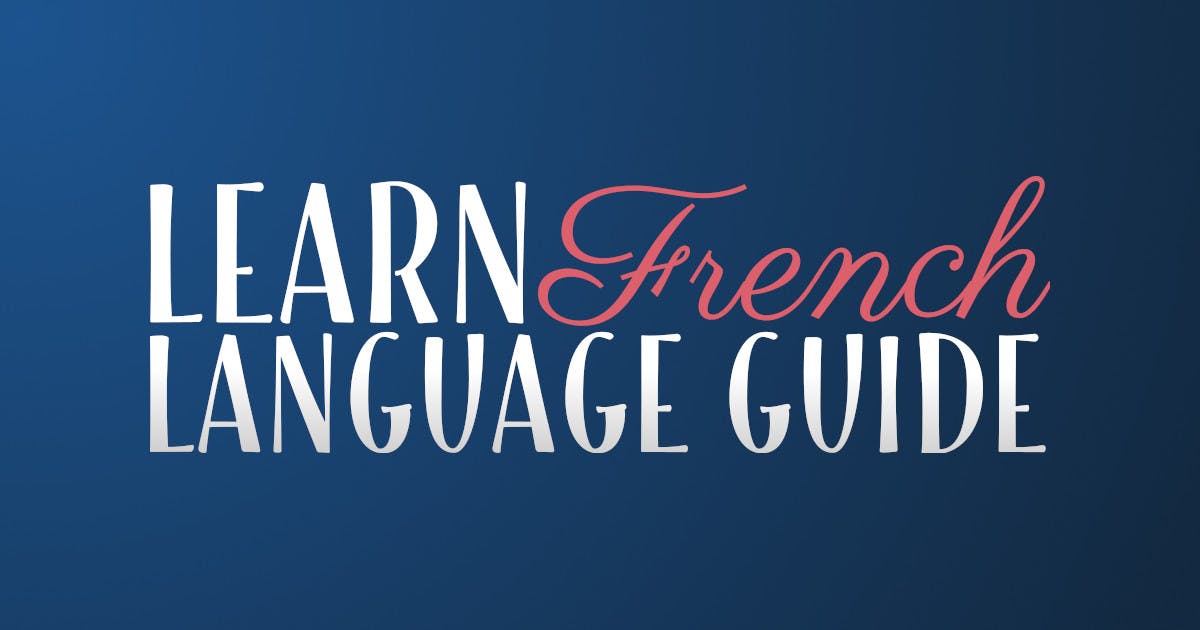French Lesson: At The Beach (Seaside Vocab And Phrases)
In today's lesson, we'll cover some important seaside/beach phrases and vocabulary in French.
Next time you take a trip to the ocean in France, these words and expressions will come in handy.
How do you say 'beach' in French?
The word for beach in French is plage. This is a feminine word, so you must use the feminine article here: la plage. To make it plural (beaches), you say des plages.
Here is some "seaside" vocabulary:
| French | English |
|---|---|
| La mer | the sea |
| le maillot de bain | bathing suit |
| La plage | the beach |
| la serviette de bain | bathing towel |
| Le brise-lames | breakwater |
| le bonnet de bain | bathing cap |
| La jetee | pier |
| la vague | wave |
| La tente | tent |
| le banc de sable | sand bank |
| La cabine de plage | bathing cabin |
| la mouette | seagull |
| Le poste de sauvetage | life guard station |
| la promenade | promenade |
| La bouee de sauvetage | life-buoy |
| le quai | the waterfront |
| La ceinture de natation | life jacket |
| le canot | row boat |
| L'ombrelle | sun umbrella |
| le bain de soleil | sunbathing |
| La piscine | swimming pool |
| le nageur/la nageuse | swimmer |
Sample sentences and phrases
Au Bord de la Mer. At the seashore.
Mettons nos maillots de bain. Let's put on our bathing suits.
Allons a la plage! Let's go to the beach!
Nous pouvons jouer sur la plage et nour baigner. We can play on the beach and bathe.
C'est meilleure quand la maree est bas. It's better when the tide is low.
Regardez le grand bateau tout la bas a l'horizon . Look at the big boat over there on the horizon.
Regardez le petit chalutier qui sort du port. Look at the little trawler going out of the harbor.
Je pense qu'il part a la peche. I think it is going fishing.
Demandons a ce vieux pecheur quels poisons on prend ici. Let's ask this old fisherman what fish they catch here.
Pardon, monsieur. Quels sont les poissons que l'on peche par ici? Excuse me, sir. What fish are caught here?
Nous nous contenterons de pecher la crevette et la moule, si toutefois il y en a. We are content (we content ourselves) with catching shrimp and mussels, if there are any.
L'annee prochaine, je vais porter un perche. Next year, I'm going to bring my fishing pole.
Grammar
You see that a fish is “une pêche” , to fish is “pêcher and a fisherman is “un pêcheur” and a fishing pole is un perche. You will frequently find connections like this.
“Un demande” is a request, “demander” is to request and “un demandeur” is someone who makes a request, for example.
A few old friends visit us in this passage, which affords us a little review. Imperative: Mettons, Allons, Regardez, Demandons. Si Il y en a: If there are any (of them). "On" means "one" or "you" or "we".
Our seashore visitors decided they would bring a fishing pole on vacation next year. This is a simple way to express the future, instead of having to remember all of the various endings for the future.
Simply use "Aller" in the present tense and add the second verb in the infinitive. Aller
Je vais
I go/am going
Nous allons
We go/ are going
Tu vas
You go/ are going
Vous allez
You go/are going
Il/elle va
He/she/it goes/is going
Ils/elles vont
They go/are going
Add an infinitive, and you now say I'm going to..
- Je vais poster quelques cartes postales. I am going to send (post) some postcards.
- Qu'est-ce que tu vas faire? What are you going to do?
- Je vais faire une promenade. I am going for a walk (make a walk)
Form some sentences of your own in the future tense, using aller and the infinitive.
Summary
First, we'll practice the imperative.
- Let's put on our bathing suits and lets go to the beach!
- Look at the beautiful sand (sable)!
- Let's ask the fisherman what he is fishing for.
- The sea is cold; let's swim in the pool.
- Look at that big wave!
And now use "aller" to form the future tense.
- We are going to the beach tomorrow.
- Next week (la semaine prochaine) I am going fishing every day.
- He is going to put his rowboat at the pier.
- My mother is going to buy a bathing suit, a bathing towel and a sun umbrella. She is going on vacation .
- When (quand) is she going on vacation?

SUBSCRIBE: